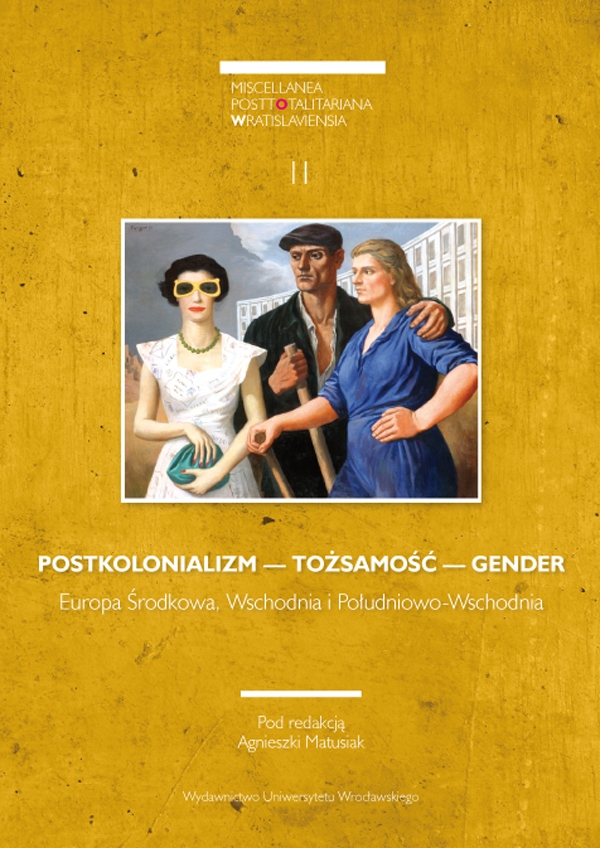

Artykuły

Revisions, lustrations, banishment. On some gender phenomena and aspects of constructing the literary canon in Central and Eastern Europe
The article describes the changes in the understanding of canonicity in the cultures of Central and Eastern Europe after 1989. In order to illustrate the processes which change the number of texts understood as essential for the constructing of the source of identity in the culture but also their interpretation, categories of revision, lustration and banishment within the realm of canonicity are introduced. Revisions relate to the aesthetic categories, whereas lustrations are the effect of interferences which are consequences of social and political transformations. Banishment, or migration, are typical for the extending realm of postcanonicity. It means a neutralisation of the fight for domination in the culture that is characteristic of the canon–anticanon opposition and it gives way for the more unhampered articulations that diminish the ideological character of literature. This place is filled with the ostentatious gay or lesbian literature or literature characteristic of a particular subculture. It resigns from aspiring to become the canon of the entire community and functions in the realm of diminished but separate values. The last issue undertaken in the article is the role of gender literature in the reviews of the history of literature and culture of Central and Eastern Europe. Despite the steps undertaken in Poland, the Czech Republic, Slovakia and Ukraine, traditional approaches are still dominant.
Ревизии, люстрации, изгнания. О некоторых гендерных явлениях и аспектах конструирования литературного канона в Средней и Восточной Европе
В статье рассматриваются изменения в восприятии каноничности в культурах Средней и Восточной Европы после 1989 года. Вводится категория ревизии, люстрации, изгнания в сфере каноничности с целью приближения процессов, которые меняют не столько содержание самих текстов признанных основными источниками идентичности в культуре, сколько их интерпретацию. Ревизии имеют отношение к эстетическим категориям, люстрации являются эффектом вмешательства возникшего в результате общественных и политических перемен. Изгнания, или миграции, относятся к распространившейся сфере постканоничности. Постканоничность обозначает упразднение соперничества за доминирование в культуре, характерную для оппозиции канон–антиканон, в пользу более свободных артикуляций снижающих идеологический характер литературы. Вместо этого, возникает демонстративная гей-литература, лесбиянская литература или же другая, представляющая другие субкультуры. Литература этого рода отказывается от аспирации стать ведущим каноном, поскольку она функционирует в области уменьшенных ценностей, и вместе с этим самостоятельных. Последний вопрос, затронутый в статье, касается участия гендерного творчества в исследованиях по истории литературы и культуры Средней и Восточной Европы. В этой области, несмотря на усилия, предпринятые в Польше, Чехии, Словакии и Украине, доминирует традиционный подход.